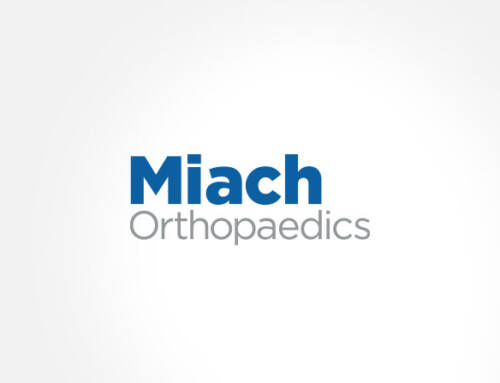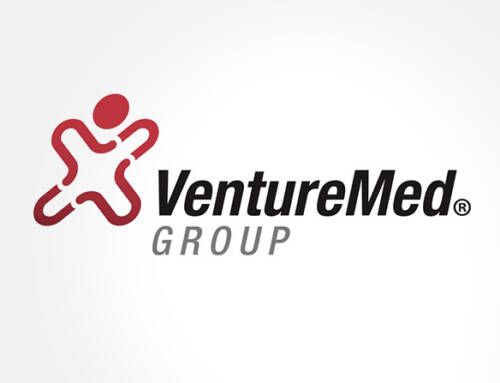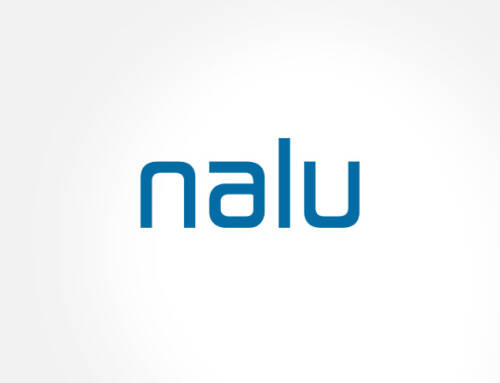Interview with Robert Spignesi, CEO of Rapid Micro Biosystems

In May 2020 Rapid Micro Biosystems raised USD 120m to expand global commercialization of its Growth Direct™ automated microbial detection platform, with Endeavour Vision joining as a new investor. In this interview, CEO Robert Spignesi explains how the company is bringing a new standard to global pharmaceutical microbial quality control.
What is microbial quality control?
Microbial quality control (MQC) comprises the systems and processes that pharmaceutical companies use to ensure the safety, quality and regulatory compliance of their products against contaminants such as bacteria, moulds and fungi that can be present in manufacturing facilities. The French microbiologist, Louis Pasteur, developed the first MQC approach more than 100 years ago – and many companies still use the same labour-intensive approach today. This outdated method, in which technicians manually incubate and visually assess samples, is slow, expensive and error-prone.
What is unique about your approach?
At Rapid Micro Biosystems, we have developed a patented vision technology that uses autofluorescence to detect signs of contamination well before such growth is visible to the human eye. The system uses artificial intelligence and algorithms to improve accuracy, and automatically delivers results to the laboratory team, including immediate alerts in case intervention is required.
How does it address the limitations of the traditional approach?
Growth Direct offers several key advantages. Our AI-enabled vision system yields faster results – about half the time as the manual method – providing results days earlier. Additionally, the automation processes not only reduce labour requirements but also help ensure better compliance with increasingly strict data integrity mandates from regulators such as FDA and EMA.
We help our customers increase efficiency, improve accuracy, and reduce the significant costs associated with delayed contamination detection. Novel biologics, for example, offer promising new hope to advanced cancer patients. The production cost of a single batch, however, can be hundreds of thousands of dollars. By enabling earlier detection of contamination, Growth Direct can avoid significant dollars in scrap costs from a single incident.
Your system seems to be rather intuitive; why has it not been done before?
Developing a robust platform that can meet the demanding requirements of the world’s leading biopharma companies requires a deep understanding their needs, a clear vision, dedicated investment and a robust engineering and manufacturing capability. Others have attempted to apply clinical diagnostic tests in an industrial environment and have learned the hard way that the biopharma application requires a specific approach. Our approach integrates cutting-edge high capacity, high throughput industrial automation and best-in-class understanding of life sciences to offer a tailored solution that is now trusted by more than half of the world’s top 20 biopharma manufacturers.
What are your biggest drivers for success?
We see several drivers converging to power our continued growth, including a transition from small-molecule manufacturing to biologics, as well as the rise of cell and gene therapies. Our system is ideally suited to meet the complex manufacturing needs for these novel therapies. COVID-19 is changing the way we think about the need for speed and safety in the production of therapeutics and vaccines, as well as the benefits of automating key production processes to reduce risk of disruptions due to illness or inability to work. We are honoured to have been selected by BARDA, the U.S. government’s Biomedical Advanced Research and Development Authority, to develop a rapid sterility test to help combat influenza pandemics. We see tremendous opportunity to contribute to meeting the growing global demand for advanced medicines.





